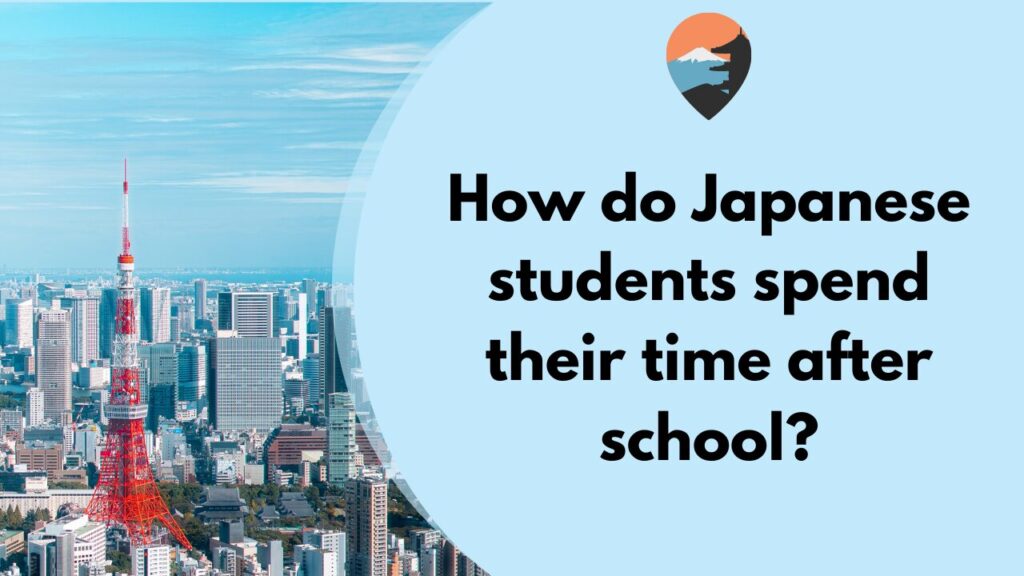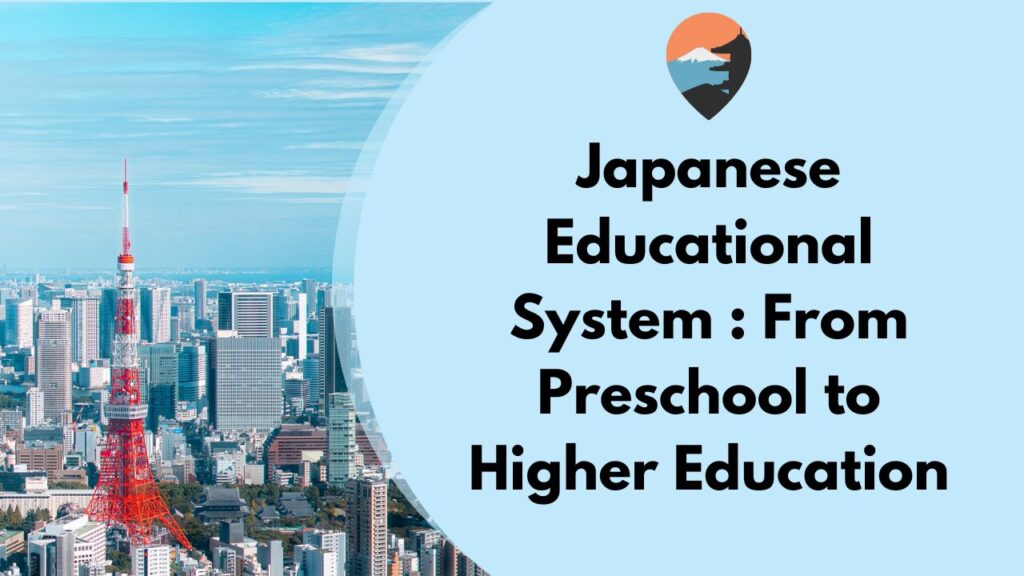Ever wondered how time after school is spent by Japanese students? In this article, you will discover the unique after-school world of Japanese students. We will also discover how these diverse activities help the growth and success of Japanese students.
How do students in Japan spend time after school?
91% of junior high school students and 81% of high school students joined after-school club activities in 2017. Even since preschool, many children spend time in out-of-school activities in Japan.
The Ministry of Health, Labour and Welfare conducted research about how elementary school students: grades 1-6 spend their time on weekdays and weekends. The bar graph below shows the results of the survey.
Other than time for sleep and school, many of them spend their time at their own house or after-school daycare or go to out-of-school activities after school.

Source: Made by Shin Edupower based on Survey on Children’s Daily Schedules by Children’s Future Foundation
Emphasis on Extracurricular Activities
During preschool and elementary school, sports and recreation receive more investment than in other schooling periods. Between junior high school and high school, additional learning activities are increasingly invested in preschool and elementary school.
Comparing government and private elementary schools, sport/recreation (23%) tend to receive more investment than cultural activities (2%) among government elementary school students. While cultural activities (14%) and sport/recreation (13%) receive almost equal investment for private school students.
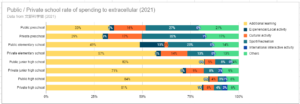
Source: Made by Shin Edupower based on Survey on Children’s Daily Schedules by Children’s Future Foundation
The purpose of sports activities
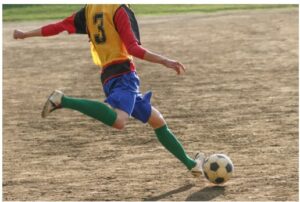
There is a correlation between learning and physical activity, and epidemiological data suggests that both are interconnected. Learning various physical movements like running, throwing, hitting, and jumping helps store information in the brain, which can be utilized in sports. This process in the brain is similar to solving applied mathematical problems using appropriate formulas. Therefore, it can be said that individuals with high physical abilities should also excel in academics.
Additionally, sports can lead children to have the joy of acquiring new abilities, enjoyment, a sense of accomplishment, and improved self-esteem, all contributing to personal growth.
One study conducted in the United States focused on elementary and middle school students in California and explored the correlation between physical fitness and academic achievements. The results indicated that students with superior physical abilities also performed well in academic tests. It is demonstrated that physical stimulation and improved fitness are associated with memory, cognition, logical thinking, concentration, and other cognitive functions.
It seems the majority of Japanese students spend time on learning sports after school and acquire beneficial skills.
The purpose of additional learning activities
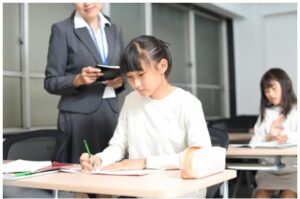
Parents who send children to government school tend to invest in additional learning especially in the third year of high school when students have to take entrance exams for university. On the other hand, parents who send children to private schools invest in additional learning especially when their children are in elementary schools since it is common to send children to private schools from junior high schools, especially in urban areas.
Many parents invest in their children’s studies outside of school. In Japan, the majority of it is when children need to study for their entrance exams.
Summary
Many Japanese students spend their time on school club activities and enjoy pursuing their interests. However, when the entrance exams are getting close, most of them shift their focus on studying, and parents also begin to enroll their children in cram schools, so that their children can get into higher universities or schools. This time spent studying can be a good influence on children that enables them to study easily without even realizing it.
For those who want to know more about Japanese education
Shin Edupower provides programs that enable online exchange and collaboration between schools in India and Japan, as well as study tours to Japan for educators and students. If you would like to know more about education in Japan, please feel free to contact us here.

